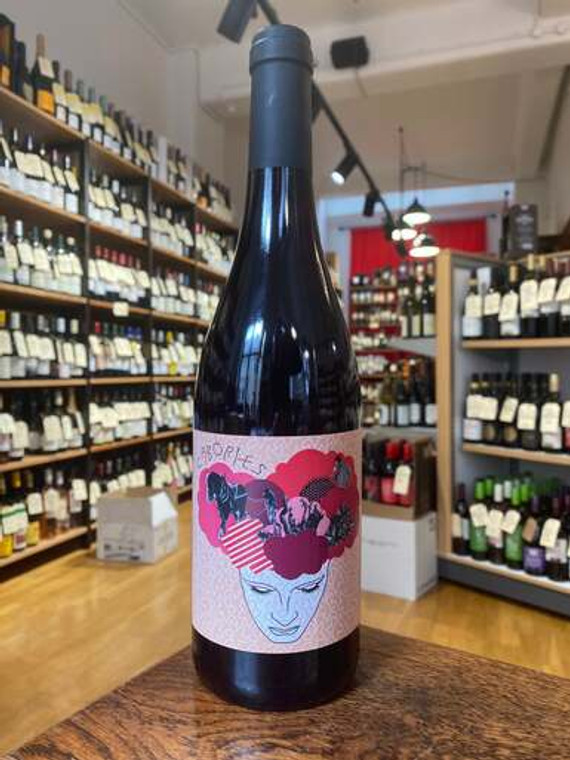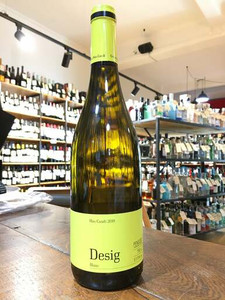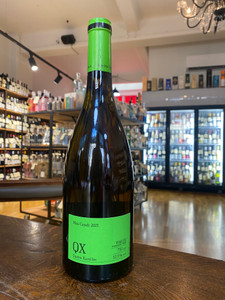
"What a wine this is! Very different but certainly right up the alley for a Pinot Noir drinker. Light and crisp thus making it the perfect summer red option. Packed with ripe red berries on the nose and palate with soft tannins."
Biodynamic. 50% Mando, 40% Sumoll, 10% Xarel.lo. From vines ranging between 10-50 years old grown in calcareous clay. Harvested by hand in small boxes with subsequent cold maceration. Mandó and Xarel·lo macerated with the skins for 14 days. Spontaneous fermentation in stainless tanks. Aged for 2 months in old barrels. Indigenous yeasts and no additions (zero SO2).
Mas Candi
Mas Candi is a revolutionary winery located in the Penedes region of north-eastern Spain. It was started up in just 2006 by four viticulture and winemaking students from France. They are a tiny winemaking venture that use solely their own grapes from their own organically farmed vineyards. Their flagship grape is Xarel-lo, one of the most under-rated white grapes in all of Spain. They have made it their life's work over the last decade to produce serious wines from Xarel-lo to show the world how incredible it can be.








